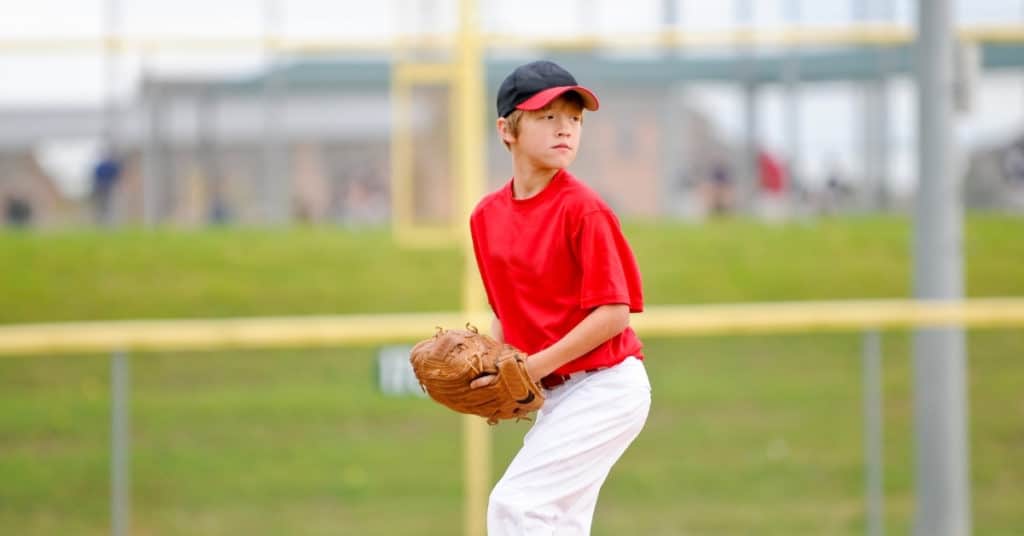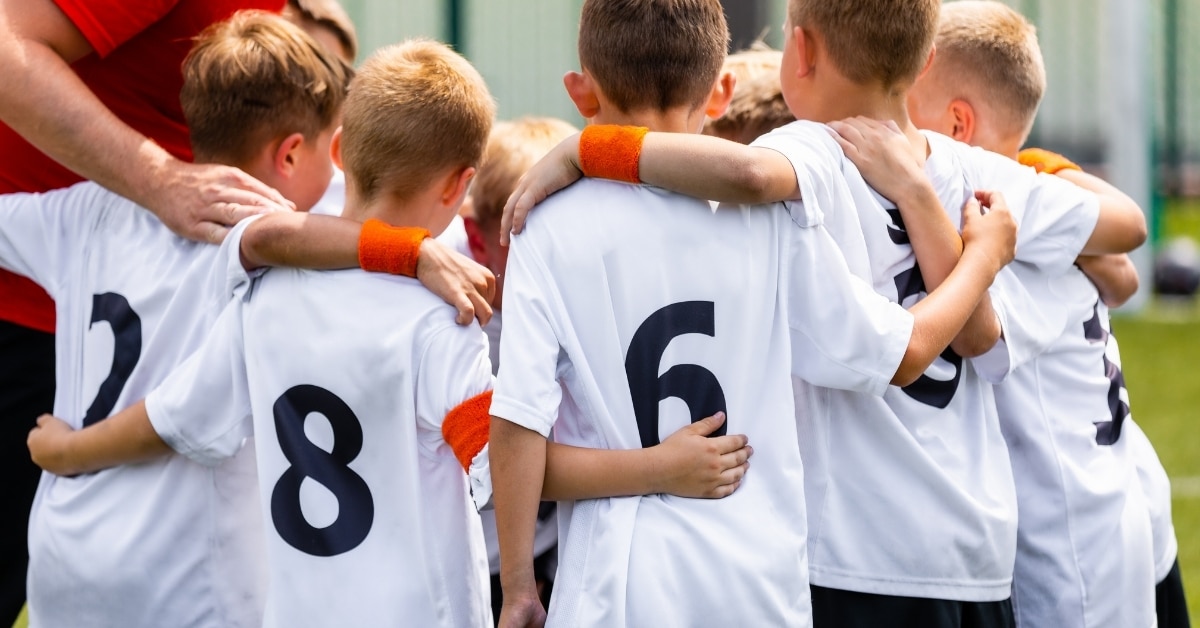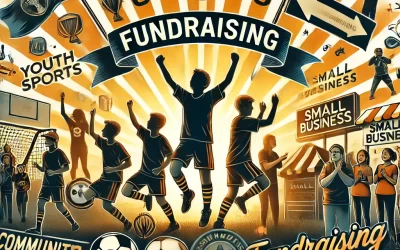Youth Sports Leadership Development
Author Bio: Cristin Howard runs Smart Parent Advice, a site that provides parenting advice for moms and dads. Cristin writes about all of the different ups and downs of parenting, provides solutions to common challenges, and reviews products that parents need to purchase.
Youth sports are always a hot topic.
Debates rage on the right age for kids to start playing sports if teams should be competitive or recreational, and how much is too much to spend in both time and money for athletics.
While there are many opinions about team sports for kids, almost everyone agrees that sports teach children essential life skills.
In particular, it’s incredible how team sports help kids learn leadership skills.
Communication
Being a leader means that you not only have to explain your ideas to others effectively but also includes actively listening to your peers.
Team athletes constantly communicate, using both verbal and nonverbal methods to talk to one another both on and off the field. Kids who practice communication through sports are more likely to be able to transfer those skills to other areas of their lives.
Goal Setting
In most cases, the ultimate goal in sports is to win: a game, a series, a championship. However, athletes set many small goals along the way, both as a group and individually. It could be specific skills, such as pitching, shooting a basketball, or more team-centric, like improved defense or making it through that fourth quarter.
All types of leaders must learn to set a goal, and then work toward it, pushing their team to succeed. In fact, one of the things that sets a leader apart from the group is the ability to keep their mind on the prize and bring others along with them.
Practice and Preparation
Games aren’t won just in one day, four quarters, or three periods. In sports, games are won through the hard work and preparation that you do beforehand. In order to meet the goals you set, you have to get ready.
To continually practice, especially when it’s challenging or frustrating, takes a lot of self-discipline. The practice and preparation involved in sports help kids learn how to stick to a commitment, and do something, even if they may not want to at that moment.
Leaders are experts at practice and preparation, always looking one step ahead and staying focused on the end game.
Success and Failure
Sports teach kids how to win and how to lose. Very few teams win every game, and even fewer make it through a season without any mess-ups or bad days. Kids who play sports learn how to handle the victories and defeats with grace. As they get older, they also learn how to put previous games behind them, and focus on the one at hand.
Children use these same skills in school, at home, and for jobs. Leaders in all of these places must have the ability to learn from your mistakes, and stay humble in success. Sports build grit, and it takes grit to be a leader.
Decision Making
If you’ve ever watched a sporting event, then you know that athletes have to make decisions in a split second. Even child athletes learn how to assess situations quickly, using their observations to weigh the pros and cons before acting.
One of the burdens of leadership is being a decision-maker. However, like many things, making decisions gets easier with time and practice. Kids who play sports will have lots of experience making decisions based on their interpretation of a situation, and going with their instincts.

Team Building
Team sports are all about teamwork. Kids work together to achieve a goal, bond over shared experiences of both success and failure and communicate with one another. Teamwork is made up of all those skills and more.
Leaders must not only be able to work as part of a team, but they also need to understand their team and know how to motivate them. The best leaders excel at improving morale and building camaraderie amongst their peers, employees, or colleagues.

Knowing People
Team sports are an excellent way to learn about people. While playing together, it’s easy to identify people’s strengths and weaknesses, both when it comes to skills and personality traits.
Learning to work with all kinds of people and matching the right job to the right person is yet another way that team sports help prepare children to be leaders later in their lives.
The End Game
In reality, there is a lengthy list of reasons for your kids to play team sports.
While there are several physical activities your child could do solo to get up and active, like hula-hooping or roller-skating, team sports are really one of the best choices.
The benefits are vast and encompass educational opportunities, increased mental and physical health, and learning important lessons that will last a lifetime.
Many children have natural leadership skills, but they can learn them through team sports even if they don’t. Not all leaders are the best players on the team or the smartest students in a group. Leaders are the ones who people respect, who make the room a better place when they walk into it.
And team sports can help kids learn how to be one of those people.




